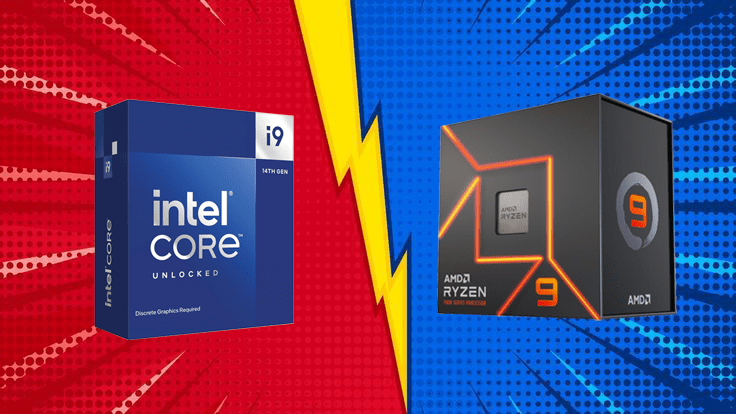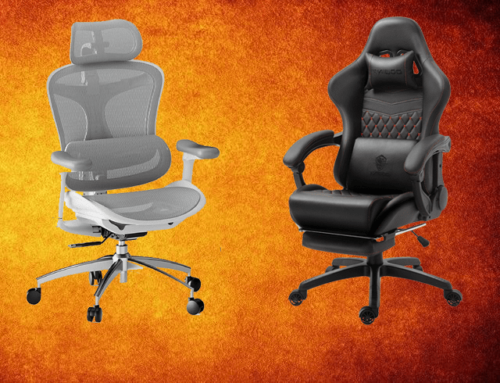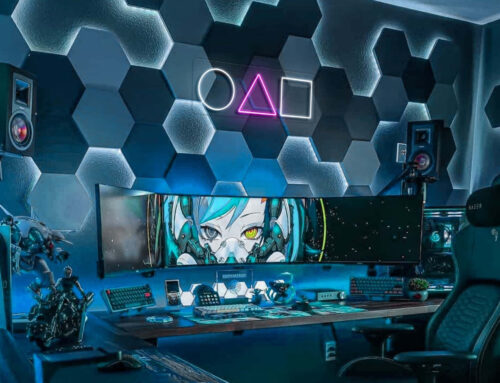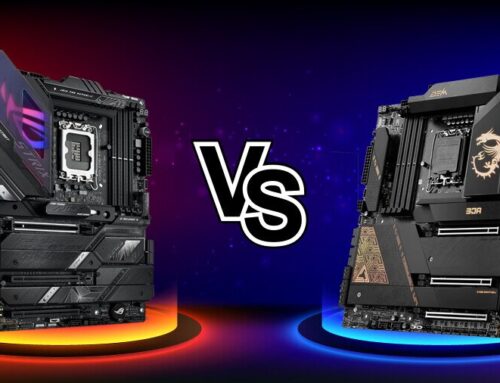When it comes to choosing a CPU, AMD and Intel remain the two titans of the processor world. With the latest AMD Ryzen 7000 Series and Intel 14th Gen Raptor Lake Refresh CPUs, both companies are setting new benchmarks in performance, efficiency, and innovation. In this article, we’ll introduce both brands, compare their flagship processors, and evaluate benchmarks across key categories to help you decide which is right for you.
AMD: Innovators in Multi-Core Performance
AMD has long been a leader in multi-core performance and efficiency. Their latest flagship, the Ryzen 9 7950X3D, is a 16-core, 32-thread powerhouse based on the advanced 5nm Zen 4 architecture. This CPU is built for gamers and creators alike, featuring 3D V-Cache technology for improved gaming performance and DDR5/PCIe 5.0 support for future-proofing. AMD processors are known for their excellent thermal efficiency, making them ideal for heavy workloads and overclocking enthusiasts.
Intel: Masters of Single-Core Dominance
Intel’s latest 14th Gen processors, like the Core i9-14900KF, continue to push the boundaries of single-core performance and clock speeds. With a hybrid architecture combining 8 Performance cores and 16 Efficiency cores, the 14th Gen processors excel in gaming, multitasking, and content creation. The i9-14900KF boasts a blistering 6.0 GHz turbo clock speed, offering unparalleled responsiveness for demanding applications.
Comparing AMD Ryzen 9 7950X3D and Intel Core i9-14900KF
1. Architecture and Technology
- AMD Ryzen 9 7950X3D: Based on AMD’s 5nm Zen 4 architecture, it features 3D V-Cache, which boosts gaming performance by providing quicker access to cached data.
- Intel Core i9-14900KF: The 10nm Raptor Lake Refresh architecture focuses on single-core speed and multitasking capabilities, powered by Intel’s hybrid architecture with advanced AI optimizations.
Winner: AMD takes the edge in gaming and energy efficiency, while Intel excels in single-core performance and multitasking.
2. Performance
- Gaming: The Ryzen 9 7950X3D performs exceptionally well in gaming, thanks to 3D V-Cache, delivering higher FPS in CPU-intensive titles.
- Content Creation: Intel’s Core i9-14900KF leads in rendering and video editing due to its superior single-core performance and optimized multithreading capabilities.
- Multitasking: While both CPUs handle multitasking efficiently, Intel’s hybrid core architecture gives it a slight advantage in managing simultaneous tasks.
Winner: AMD for gaming; Intel for content creation and multitasking.
3. Power Efficiency
- AMD Ryzen 9 7950X3D: With a TDP of around 120W, it operates cooler and consumes less power, even under heavy workloads.
- Intel Core i9-14900KF: While offering top-notch performance, it has a higher TDP of 125W and can consume significantly more power when turbo boosting.
Winner: AMD leads in power efficiency.
Benchmark Comparison
| Category | AMD Ryzen 9 7950X3D | Intel Core i9-14900KF | Winner |
|---|---|---|---|
| Cinebench R23 (Multi-Core) | 39,000 pts | 42,000 pts | Intel |
| Cinebench R23 (Single-Core) | 2,150 pts | 2,300 pts | Intel |
| Gaming (1080p, Avg FPS) | 250 FPS | 245 FPS | AMD |
| Rendering (Blender) | 140 seconds | 130 seconds | Intel |
| Power Consumption | ~120W | ~180W | AMD |
AMD Ryzen™ 9 7950X Price History
Intel® Core™ i9-14900KF Price History
Which CPU Should You Choose?
The choice between AMD and Intel depends on your needs:
- For Gamers: The AMD Ryzen 9 7950X3D is an outstanding choice, delivering top-tier gaming performance with its 3D V-Cache technology.
- For Content Creators: The Intel Core i9-14900KF shines in creative tasks like video editing, rendering, and heavy multitasking, thanks to its superior single-core performance.
- For Energy Efficiency: AMD’s architecture offers lower power consumption and better thermals, making it ideal for those seeking quieter and cooler systems.
Conclusion
Both AMD and Intel have delivered exceptional CPUs with their latest offerings. The Ryzen 9 7950X3D stands out for its gaming performance and efficiency, while the Core i9-14900KF dominates in content creation and raw speed. Your decision should ultimately align with your use case, budget, and desired features.
Stay tuned for more insights and guides to make the best tech choices for your needs!









Leave A Comment
You must be logged in to post a comment.